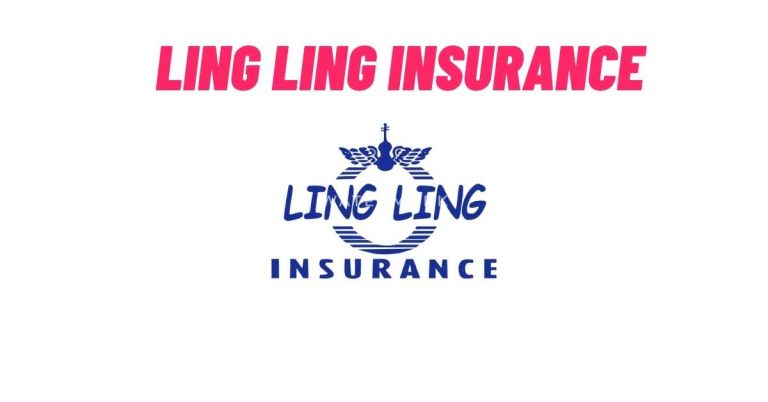Table of Contents
Does State Farm cover water damage from leaking pipe?
Does State Farm Homeowners Insurance Cover Water Damage? Damage from something like a burst pipe or failed washing machine hose may be covered by a standard homeowners insurance policy with State Farm, but flood damage or repairs after a sump pump or septic system failure require additional coverage.
Does Homeowners Insurance Cover Water Damage?
Does State Farm cover mold from water damage?
Does State Farm Homeowners Insurance Cover Mold? A standard policy with State Farm includes a minimum of $10,000 to identify and repair damage from mold and fungus.
How does insurance work for water damage?
Under most standard home insurance policies, if water damage occurs suddenly or accidentally from a source inside your home, such as a busted pipe, it will likely be covered by your homeowners insurance. If the water comes from outside your home, it will not be covered by your standard policy.
Is water damage considered accidental damage?
Generally, water damage that is considered “sudden and accidental” is covered (like a burst pipe) but not gradual damage, like a leaking bathroom sink. And flooding is not covered, such as damage from storm surge during a hurricane.
Does State Farm cover leaking pipes?
Damage from something like a burst pipe or failed washing machine hose may be covered by a standard homeowners insurance policy with State Farm, but flood damage or repairs after a sump pump or septic system failure require additional coverage.
Do insurance policies cover water damage?
Most homeowners insurance policies help cover water damage if the cause is sudden and accidental.
Does State Farm renters insurance cover water damage?
Does State Farm have mold coverage?
Does State Farm Homeowners Insurance Cover Mold? A standard policy with State Farm includes a minimum of $10,000 to identify and repair damage from mold and fungus.
Does insurance cover mold from water leak?
Most homeowner and renters policies cover sudden and accidental water damage. Examples would include a burst pipe, toilet overflow, or broken washer hose. If mold develops on a damaged item, it would be covered. Policies usually won't cover damage from gradual leaks.
Does insurance cover mold issues?
Usually mold, mildew, fungus or spores will be covered by home insurance if they were the result of a specific problem that was covered by your policy. An example would be water damage from a burst pipe that then leads to mold.
Can you claim mold damage on homeowners insurance?
Mold is generally covered by homeowners insurance only when it's caused by a "covered peril" (an event or circumstance covered in your homeowners insurance policy, such as accidental water damage).
What Your Insurance Company Doesn't Want You To Know Regarding Your Insurance Claim
How can you prove water damage?
Plumbing, faucets, or pipes leaking over time, causing damage to walls, ceilings, or floors. Damage caused by water seeping in from cracks in the basement. Flashing, tiles, or shingles on the roof that show signs of needed repair. Mold, rot, or rust.
Do insurance policies cover water damage?
Most homeowners insurance policies help cover water damage if the cause is sudden and accidental.
Is water damage considered accidental damage?
Generally, water damage that is considered “sudden and accidental” is covered (like a burst pipe) but not gradual damage, like a leaking bathroom sink. And flooding is not covered, such as damage from storm surge during a hurricane.
Insurance Claim Supplement Advice For State Farm
How does insurance work for water damage?
Under most standard home insurance policies, if water damage occurs suddenly or accidentally from a source inside your home, such as a busted pipe, it will likely be covered by your homeowners insurance. If the water comes from outside your home, it will not be covered by your standard policy.
How can you prove water damage?
Plumbing, faucets, or pipes leaking over time, causing damage to walls, ceilings, or floors. Damage caused by water seeping in from cracks in the basement. Flashing, tiles, or shingles on the roof that show signs of needed repair. Mold, rot, or rust.
Is water damage a peril?
All property is subject to perils. When referring to property insurance, a peril is a cause of loss. Water damage is a peril that is not covered in the basic, named peril, property coverage form. Broader property forms exist, some of which provide coverage for water damage.
Homeowners Claim Denied: 5 Reasons Why
What is an accidental discharge of water?
Specified causes of loss includes “water damage,” which is defined as “accidental discharge or leakage of water or steam as the direct result of the breaking apart or cracking of a plumbing, heating, air conditioning or other system or appliance (other than a sump system including its related equipment and parts), that …

